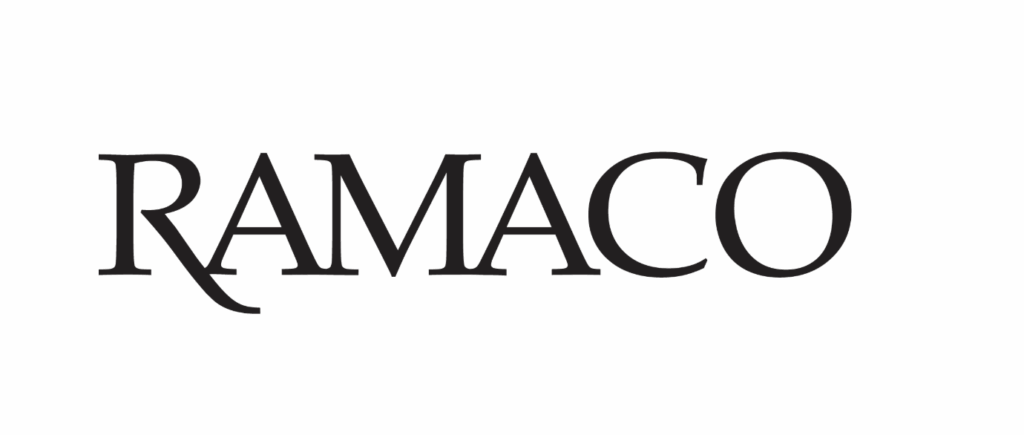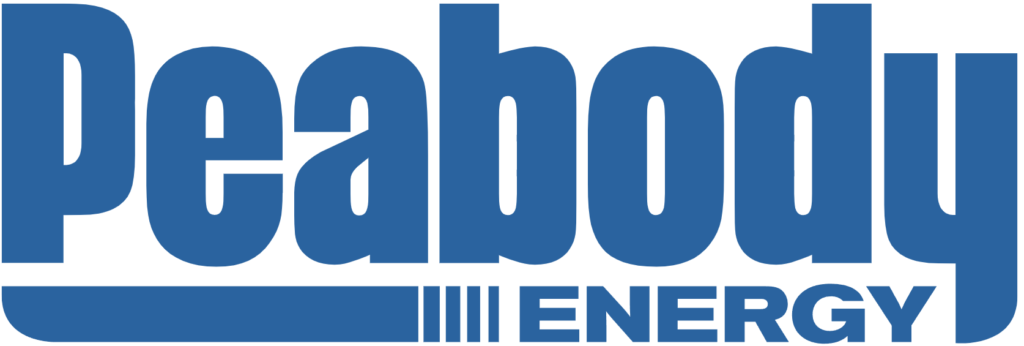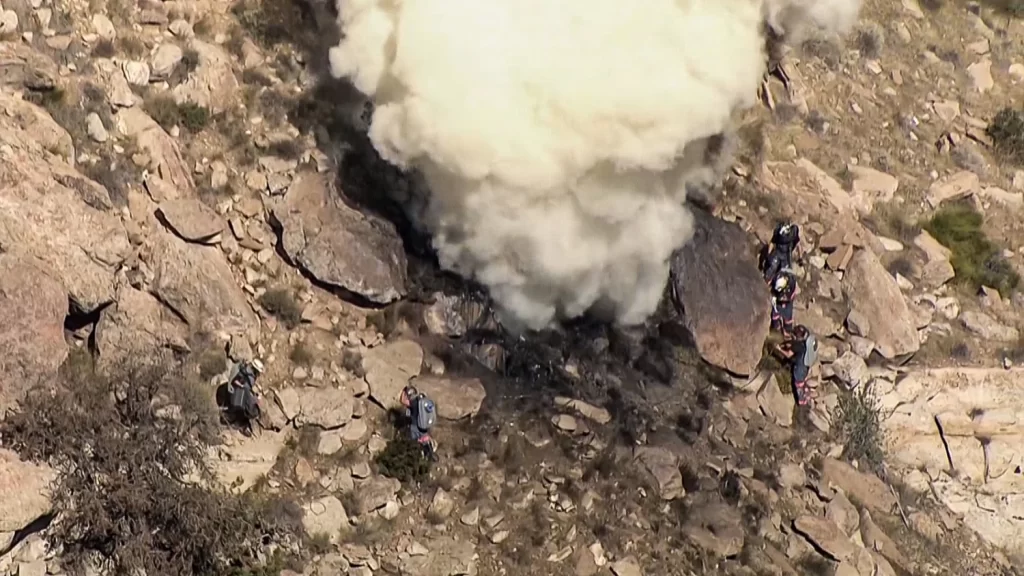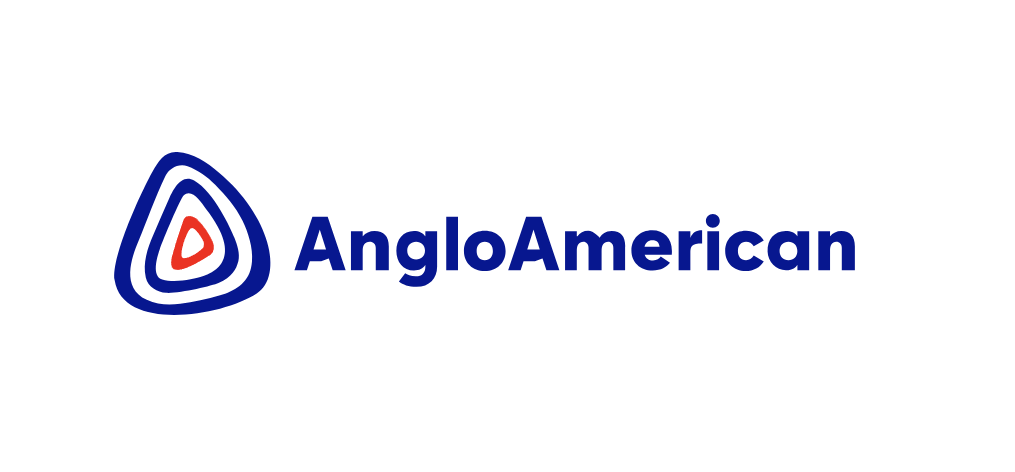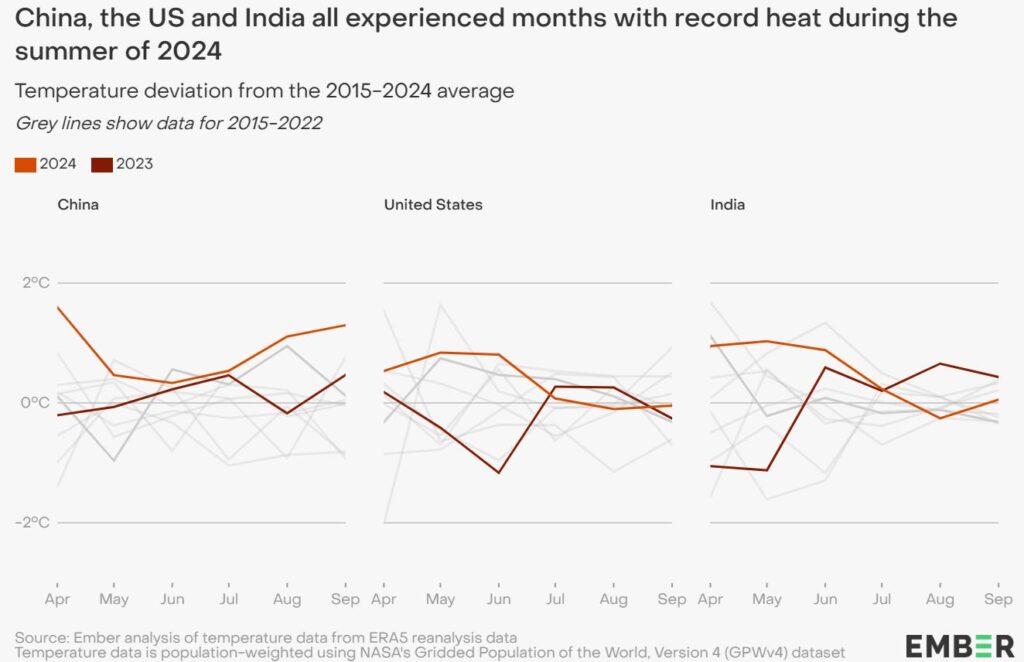
*Coking coal and PCI imports up just 3% y-o-y
*CIL raises coking coal output by 10% to nearly 60 mnt
*Imports likely to be around 71-73 mnt in CY’24
Morning Brief: India’s imports of metallurgical coal in CY’23 stood at around 71 million tonnes (mnt) as against 69 mnt in CY’22, an increase of 3% y-o-y, as per latest SteelMint data. Rise in imports has been marginal considering the steady growth in domestic crude steel and hot metal production.
Hot metal output up 6%
The country’s production of crude steel in CY’23 stood at 137 mnt, an increase of 10% y-o-y. Domestic hot metal production was assessed at around 85 mnt, a growth of 6% y-o-y. Crude steel production via the BF-BOF route- the main consumer of metallurgical coal- witnessed a growth of 10% y-o-y to reach 63.02 mnt, data shows.
Metallurgical coal consumption in steelmaking increased by around 7% on the year to 76 mnt in CY’23. Given that India’s dependence on imports is over 90%, increase in imports last year may appear to have been marginal.
Why marginal rise in imports?
*Higher domestic production: Coal India Ltd., the PSU behemoth which accounts for over 80% of domestic coal production, recorded total coking coal production in CY’23 at around 59 mnt- a significant growth of nearly 10% y-o-y. In addition, some Indian integrated mills with coking coal assets overseas increased production to reduce dependence on imports, albeit limited. However, severely limited domestic coal washing capacity impedes efforts to minimise import dependency.

*Price volatility impacts trade: India decreased its dependence on Australian coal in CY’23. To guard against chronic tightness in seaborne supplies and to counter price volatility, Indian mills have diversified import sources. Australia’s share in total Indian imports has declined from over 54% in CY’22 to 48% last year. The volume of US and Canadian shipments increased y-o-y. Russian exports to India (mainly PCI) jumped 64% y-o-y. Premium coking coal prices rose by 60% in H2CY’23 and increasing volatility amid a narrow supply base impacted imports.

*Higher PCI use to cut costs: PCI imports edged up by 8% to nearly 15 mnt in CY’23. As per industry sources, all new blast furnaces will have extra capacity for pulverised coal injection (PCI) and the PCI rate is expected to reach around 200 kg per tonne of hot metal. It is a key cost reduction tool. Higher PCI use also leads to a drop in the coke rate in BF ironmaking and may be leveraged to minimise dependence on prime coking coal.
Outlook
SteelMint expects imports of coking coal and PCI to be around 71-73 mnt in CY’24. Domestic steel demand is poised for strong growth, especially through significant capacity additions in the BF-BOF route. But in an election year demand may slow down relative to last year, which witnessed a sharp growth in domestic consumption.
Cutting dependence on imports in the short-to mid-term looks highly unlikely despite the government’s ‘Mission Coking Coal’ targets. This is because raising domestic coal washing capacity or implementing technological changes in coke-making to facilitate higher usage of domestic coal are long-term policy objectives that will take time to materialise.

